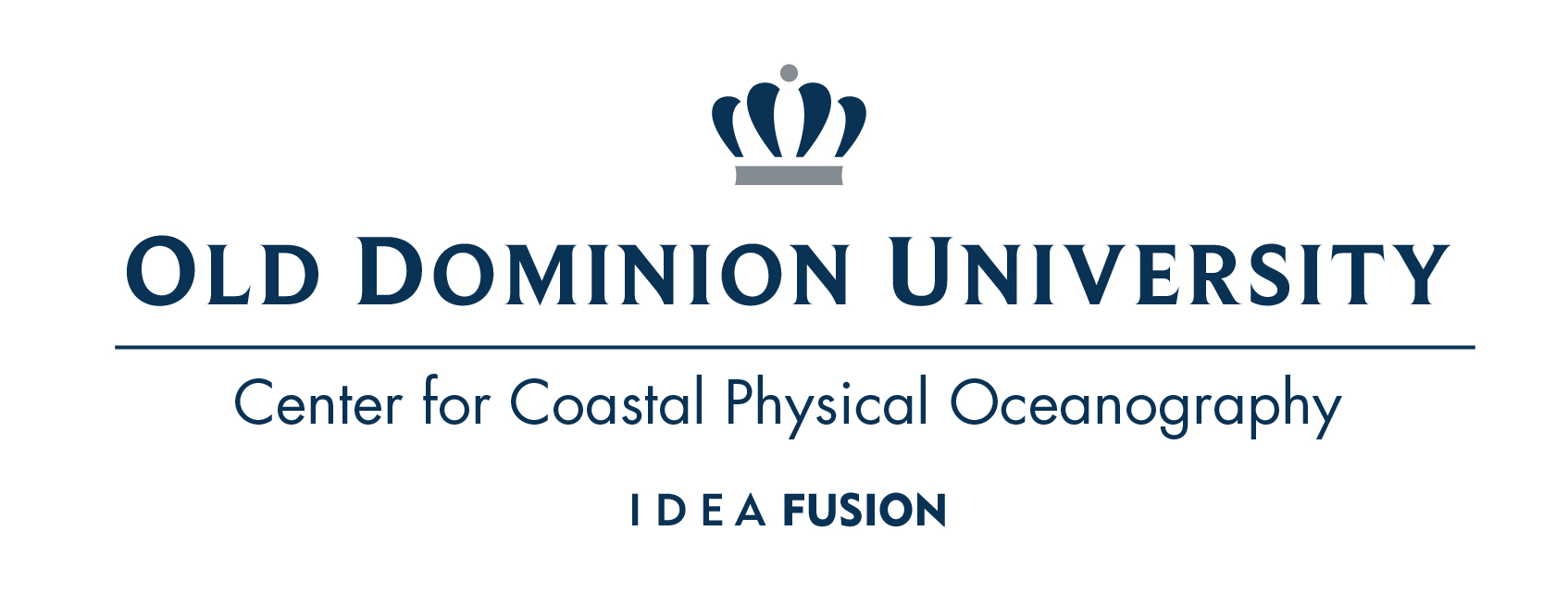There has been climatic warming in the Western Antarctic
Peninsula (WAP), with cooling or stable conditions in other sectors of the
continent. Adélie penguins (Pygoscelis adeliae) have been
declining in northern sectors of the WAP since the 1970s, leading to
multiple hypotheses for their decline. The food web of the WAP marine
ecosystem is trophically short; krill feed on phytoplankton and penguins
mainly feed on krill. Therefore, it is often assumed that any
climate-driven change in lower trophic levels (phytoplankton) would be
reflected in higher trophic levels. A shift towards smaller phytoplankton
cells under warmer climates was the hypothesized explanation for krill
declines in the northern WAP. These fundamental changes in the lower
trophic levels could be transferred up the short WAP food web, resulting in
a decline in Adélie penguin populations through a bottom-up trophic
cascade or through competition for krill with other krill predators.
However, analyses of Adélie penguin foraging dynamics in their
oceanographic context, and local and regional krill surveys suggest that
overall krill declines or competition for krill resources may not be the
onlly determinants of Adélie penguin declines in the WAP. A warming
climate appears to be acting on Adélie penguin chicks directly
through increased wet precipitation on unprotected chicks leading to higher
thermoregulatory costs as an additional population stressor, indicating that
atmospheric forcing may be more important than food web dynamics in
determining the success of Adélie penguins, even though there are
clear climate-related signals in lower trophic levels.
Dr. Matthew Oliver is the Patricia & Charles Robertson Associate Professor of Marine Science & Policy at the School of Marine Science and Policy and Department of Geography at the University of Delaware. Dr. Oliver completed his doctoral work at Rutgers University. His primary research focuses on biological oceanography, working both in the Mid-Atlantic region and in Antarctica, and is supported by NASA, NOAA, BOEM, NSF and NGO's.

|
CCPO Innovation Research Park Building I 4111 Monarch Way, 3rd Floor Old Dominion University Norfolk, VA 23508 757-683-4940 |

|